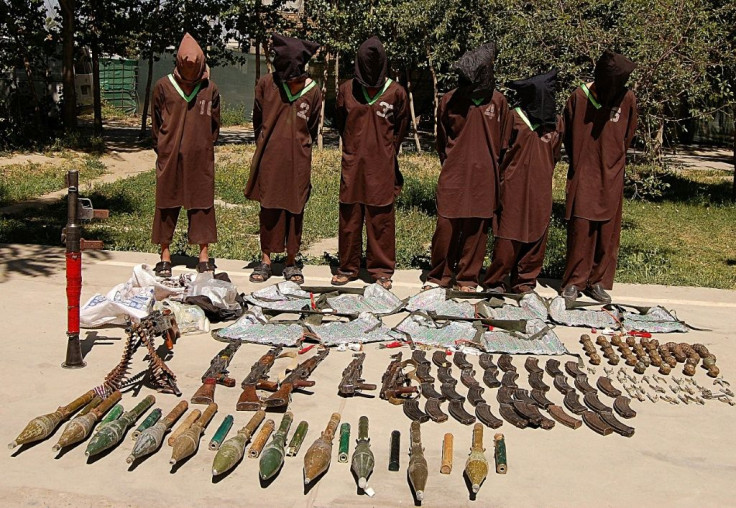Trump Ready To Sign US-Taliban Peace Deal After Nearly 19 Years Of War

United States President Donald Trump spoke to reporters Sunday as he was departing from Washington DC to travel to India. He said he was ready to sign a peace deal with the Taliban if a temporary truce can be maintained. He said, “Time to come home. They want to stop. You know, they’ve been fighting a long time. They’re tough people. We’re tough people. But after 19 years, that’s a long time.”
The Afghan war, which started with air strikes launched against the Taliban in 2001, will complete nineteen years this October.
The truce was announced earlier this month and took effect last Friday. If it can be kept until Saturday, the signing of a peace accord could end the lengthy conflict and allow Trump to boast of fulfilling another promise from his 2016 campaign.
Of more importance is that any peace accord would set the stage to bring more than 12,000 U.S. troops home after nearly 2,500 American deaths and close to 20 years of conflict in Afghanistan at a cost approaching 3 trillion US dollars.
The Taliban, allegedly formed in Pakistan, emerged in the mid-1990s in Afghanistan after the Soviet Union withdrew its troops that had occupied the rugged mountainous land since 1979. They brought with them a hard-liner form of Sunni Islam that supported Islamic punishments such as public executions of convicted murderers and adulterers and amputations of those found guilty of theft.
The Islamic group demanded that men grow beards and that women wear the all-covering burka. They banned television, music, and cinema and frowned upon females aged 10 and over from going to school.
The U.S., under President George W. Bush, identified Osama Bin Laden, the head of the Islamist terror group known as al-Qaeda as the man responsible for September 11, 2001, World Trade Center attacks (now referred to as 9/11) that killed nearly 3,000 people.
The Taliban, radical Islamists who were now in charge of Afghanistan, protected Bin Laden and refused to hand him over. One month after 9/11, the U.S. launched airstrikes against Afghanistan.
Over the past 19 years, there have been times when the Taliban seemed to be in retreat only to see them regroup and wield power in the war-torn country. What the Taliban is seeking through a peace accord is a chance for international legitimacy in the eyes of the world that they lacked in 2001.
Trump expressed some cautious optimism over any peace deal saying, “We think they want to make a deal. We want to make a deal. I think it’s going to work out. We’ll see.”
He added, “You know we have a certain period of nonviolence. It’s been holding up, it’s a day and a half so we’ll see what happens. But people want to make a deal, and I think the Taliban wants to make a deal too, they’re tired of fighting.”
The concern in Washington and around the world is that a full US troop pull-out would leave a vacuum allowing other militant groups planning terrorist attacks in the West to fill. Whatever the outcome of the peace talks, the Afghan people will continue to bear the brunt of any continued conflict, already long and bloody.
© Copyright IBTimes 2025. All rights reserved.





















